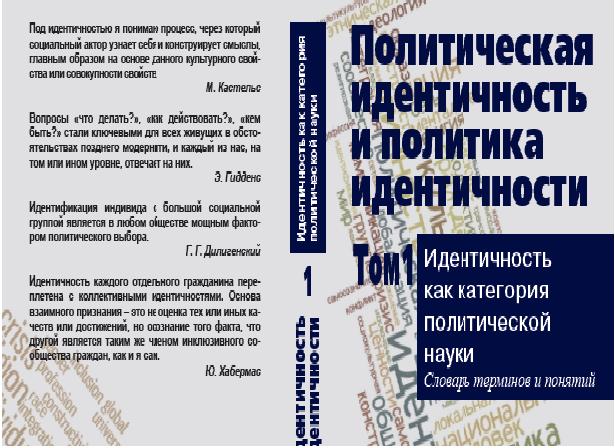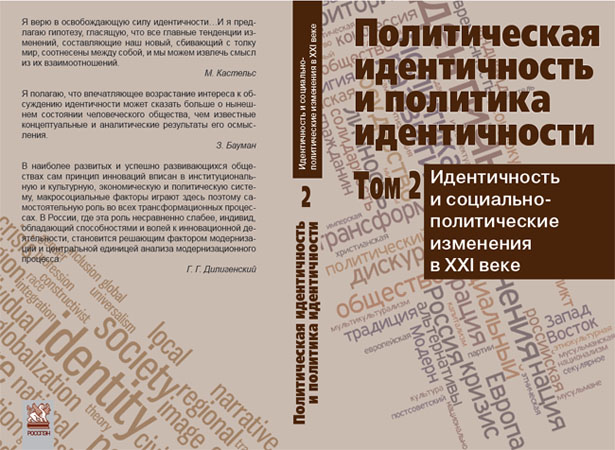Rethinking Russia’s Pivot to Asia: Context, Perceptions, and Prospects
October 28-29, 2016
Hankuk University of Foreign Studies
Seoul, Korea
Hosted by
Institute of Russian Studies, Hankuk University of Foreign Studies (South Korea)
Institute of Eastern and Western Societies, St. Petersburg State University (Russia)
Since 2012 the Putin leadership has promoted economic cooperation with East-Asian countries. One of the most important goals for Russia’s turn to Asia is to develop Eastern Siberia and the Far East. In some sense, the subsequent collapse of Russian relations with the West, followed by Russia’s annexation of Crimea in 2014 and the Ukrainian crisis, furthered Russia’s turn to the East.
But it should be noted that Russia’s pivot toward Asia did not start only a few years ago, but centuries ago. After Russia’s defeat in the Crimean war in the mid-19th century against major European powers, Russia began to look the East. By then, Slavophiles, paying more attention to non-European aspects of Russia’s identity, began to challenge the Russian elites’ strong adherence to the European path for destiny. Dostoevsky even boldly claimed that “Asia provides the main outlet for our future destiny.” The construction of the Trans-Siberian Railway in the late 19th century even furthered Russia’s penetration into the Far East and beyond; that is, East Asia. For the leadership and elite of the country, the territory of which spans throughout the Pacific Ocean and shares a several-thousand-kilometer border with East Asian countries, the logic of turning to the East is indeed flawless. During the 20th century, however, Russia’s turn to the East has not been consistently implemented due to changing geopolitical conditions.
Witnessing Russia’s second Asian moment today, the main goal of this conference is to pose the following questions to help us better understand the cultural, historical, socio-economic, and political context and meaning of Russia’s turn to the East: What are East Asia and Siberia for Russia? What are East Asia and Siberia in Russian mind? What are the cultural, social, political, and economic contexts of Russia’s turn to the East? How does East Asia understand Russia? To answer to these questions we encourage conference participants to present topics that include but are NOT limited to the followings:
-Images of East Asia and Siberia in Russian literature, art, films, travel writing, and scholarly research
-East Asia and Siberia in the Russian mind
-Construction of images of East Asia and Siberia
-Borderlands between Russia and East Asia (e.g., China, Mongolia, Japan, and North Korea)
-Russian encounters with “Asia” in Siberia and East Asia
-Russia’s understanding of itself through images of East Asia and Siberia
-Russian orientalism vs. European orientalism
-Russian understanding of the Near East/Central Asia/Caucasus vs. East Asia/Siberia
-Russian perceptions of East Asian and Siberian culture, politics, society, and politics
-(Re)building local/regional identities of Siberia and the Russian Far East
-Imagined economy in Siberia and the Russian Far East
-East Asia’s understanding of Russia
Conference Information
Due date for Paper title: March 15, 2016*
*Please send the following information to Dr. Joonseo Song at songjoo1@hufs.ac.kr by the date, should you want to present your paper at the conference:
-
your paper title with 1~2 sentence summary of your paper
-
your current affiliation and position
-
email address
Conference languages: English, Russian
Accommodation: The Institute of Russian Studies will provide all participants with FREE accommodation for 3 nights (Oct. 27-29).
Registration fee: None
Dr. Joonseo Song
Institute of Russian Studies, Hankuk University of Foreign Studies
Seoul, Korea





